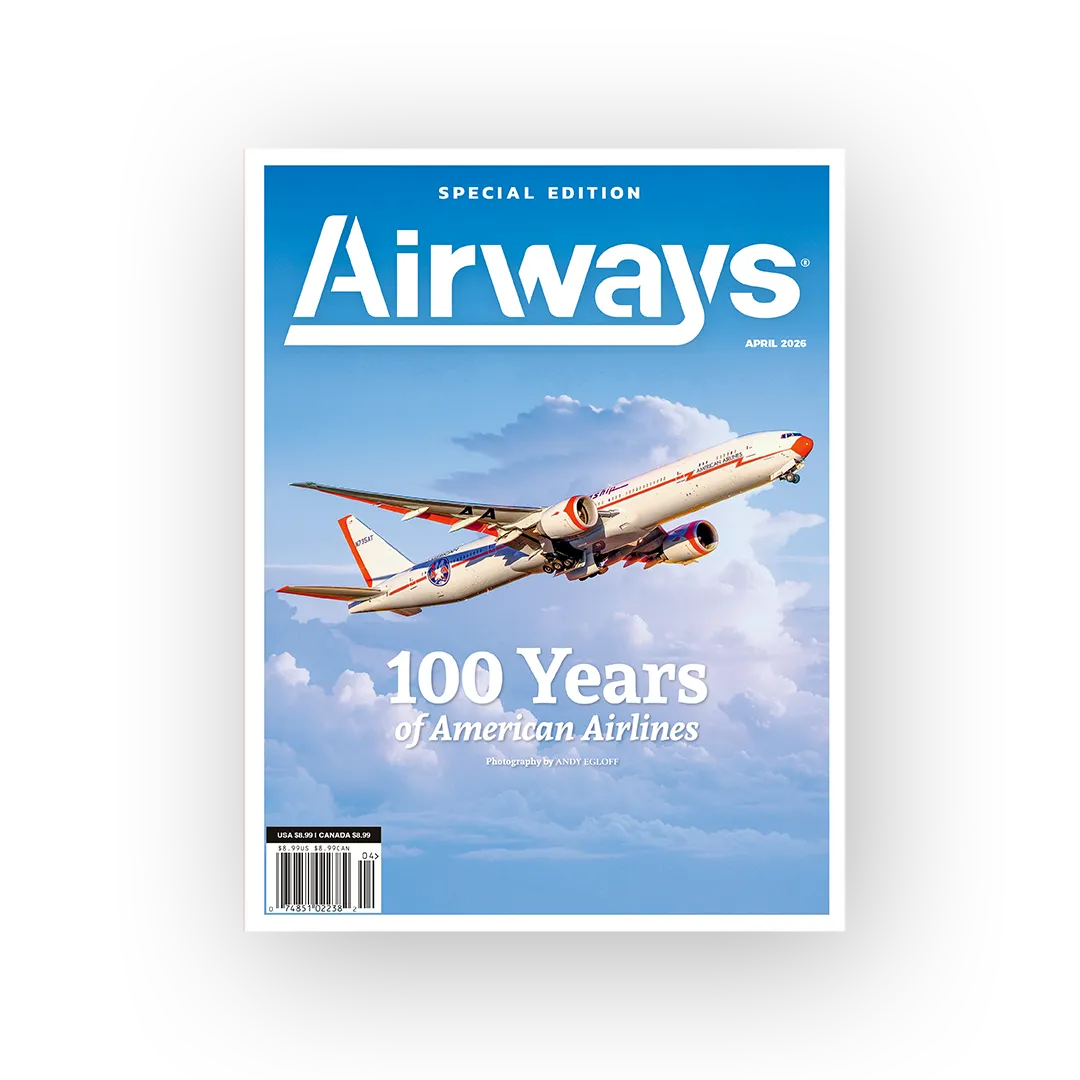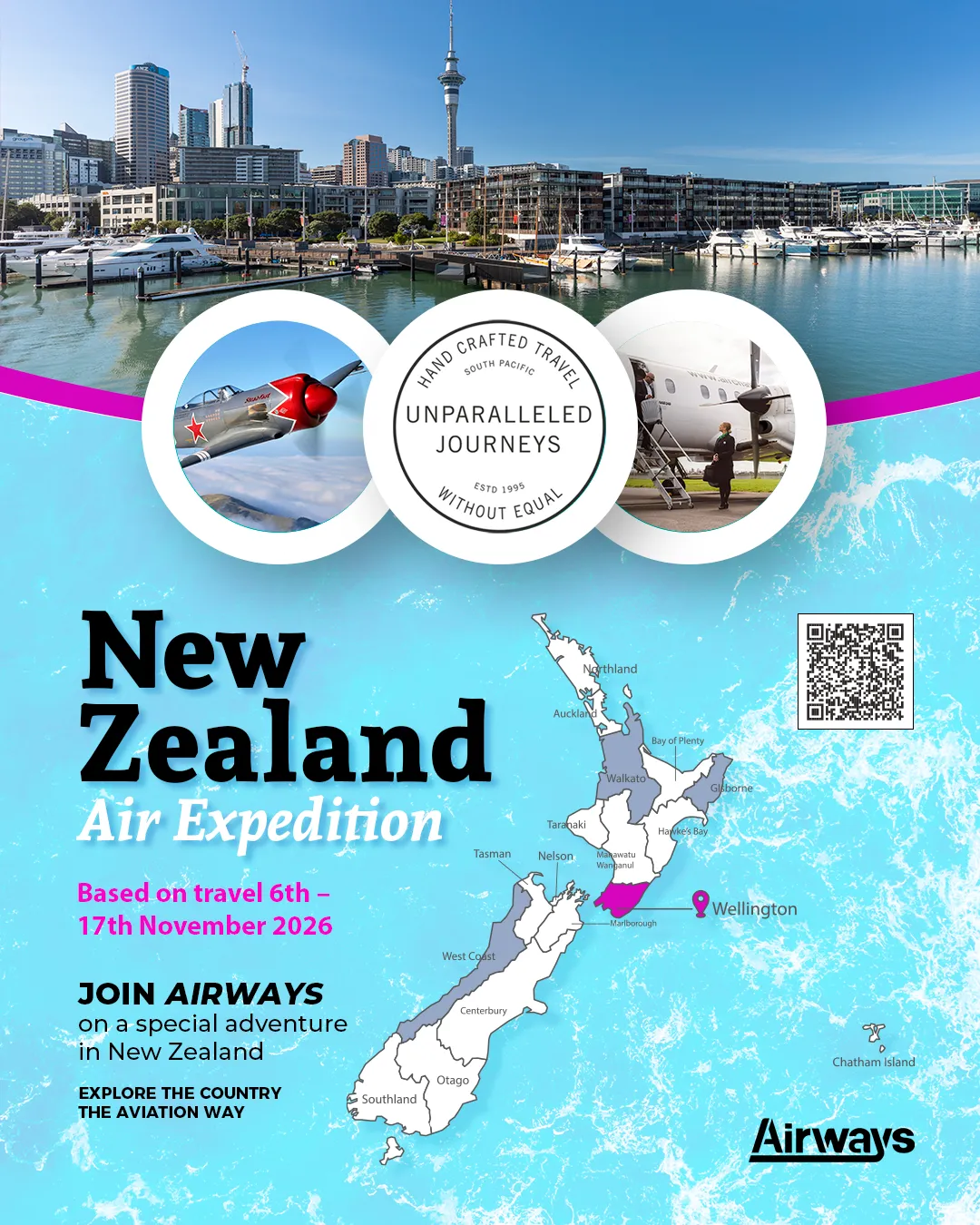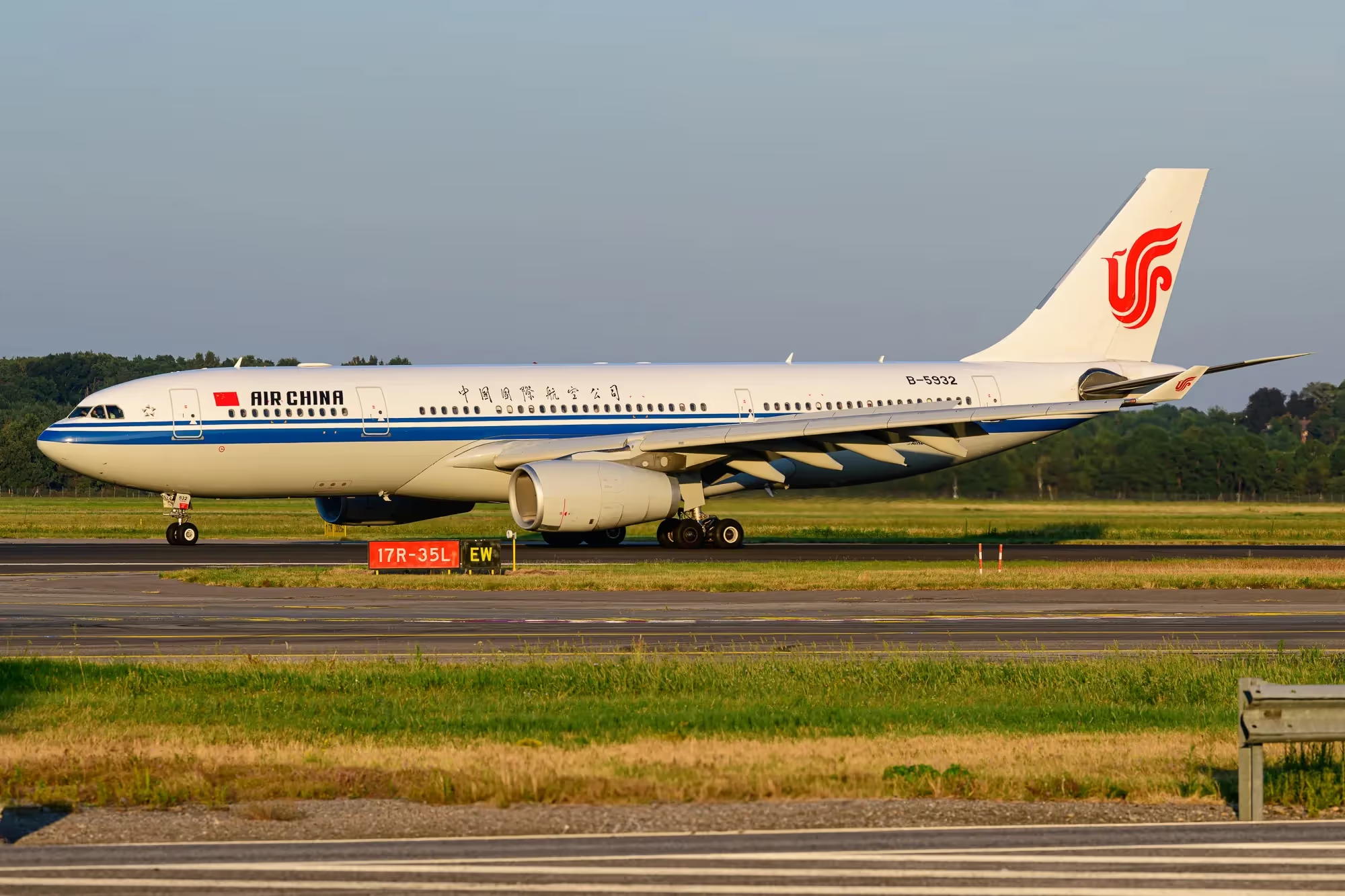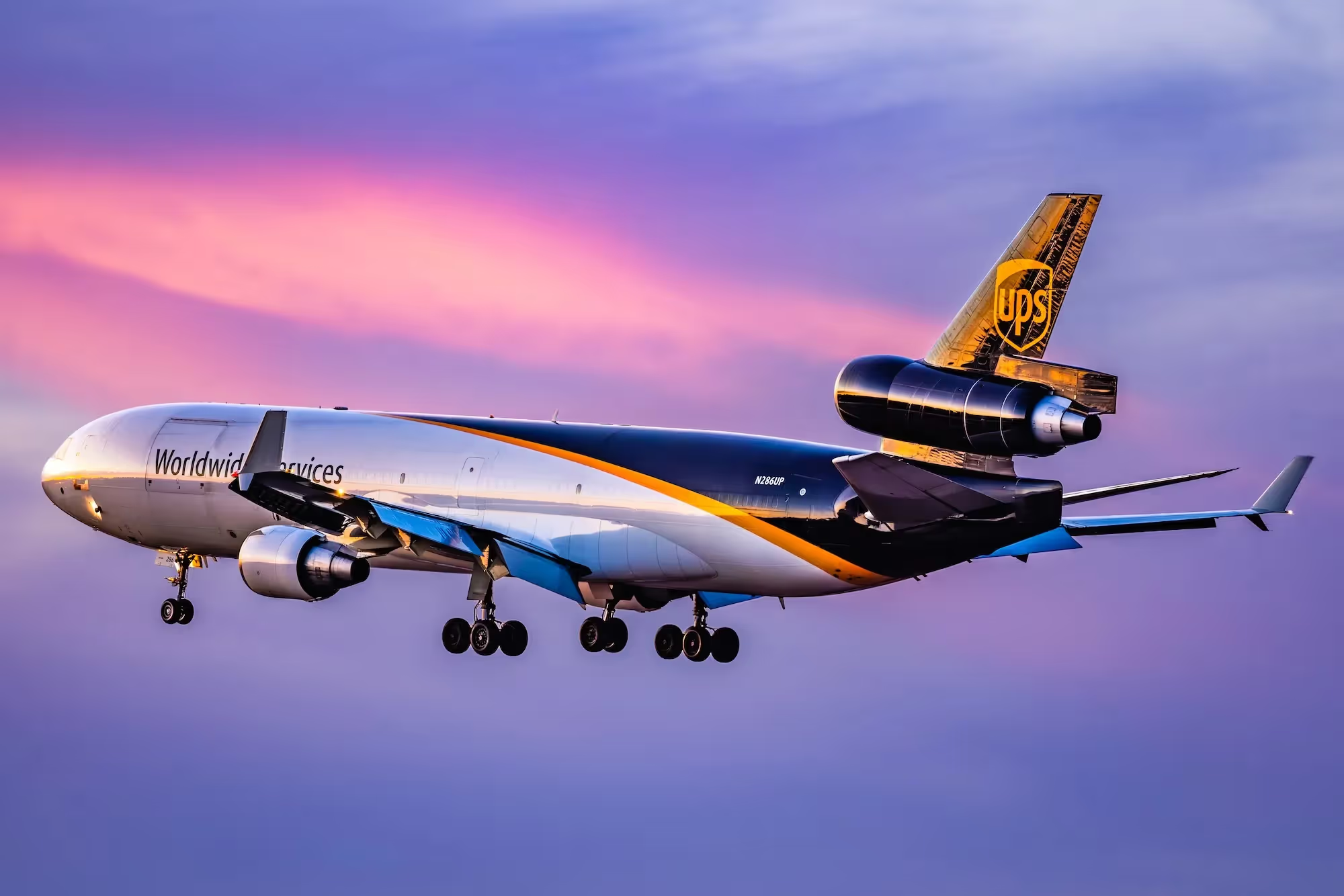DALLAS — Emirates (EK) and Air China (CA) have signed a Memorandum of Understanding (MoU) to establish a framework for building on an existing interline agreement.
The MoU, which was officiated on the sidelines of the 81st Annual General Meeting (IATA AGM) and World Air Transport Summit (WATS) in New Delhi (DEL), was signed by Adnan Kazim, Emirates’ Deputy President and Chief Commercial Officer and Yan Fei, Air China’s Senior Vice President, Chief Commercial Officer.
“Our partnership with Air China commenced 26 years ago (July 1999) and since 2018 approximately, 18,000 Emirates customers have benefited from the expanded connectivity offered through our interline agreement.” Kazim said.
“Air China highly values the cooperation with Emirates. The signing of this memorandum is an important milestone for the deepening of the cooperation between the two sides. Air China continues to implement "Belt and Road Initiative". By collaborating with Emirates, we will further expand our route network in China-UAE and global market and jointly promote global connectivity." Fei said.
From 30 July, EK will operate 49 weekly flights to the Chinese mainland, including double daily services to Beijing (PEK) and Shanghai (SHA), as well as daily flights to Guangzhou (CAN), Shenzhen (SZX), and Hangzhou (HGH).
.avif)
Strengthening a Partnership
Under the MoU, EK and CA will explore a reciprocal codeshare on select routes across each other’s networks. This would allow each airline to place its code on the other’s flights on China-UAE trunk routes as well as beyond BJS and Dubai (DXB) to an expanded list of destinations.
To ensure seamless connectivity for customers, the carriers will explore coordinating flight schedules or adjusting minimum connecting times. Once this has been activated, customers of both airlines will benefit from a seamless booking process, single-ticket itineraries, and wider lounge access to new and exciting destinations.
The airlines will also develop a framework for cooperation across cargo operations and their respective frequent flyer loyalty programs, enhancing their value proposition for both travelers and businesses.
Beyond commercial cooperation, both carriers plan to exchange best practices in areas such as revenue management, data analytics, digitalisation, brand management, and Sustainable Aviation Fuel (SAF).


.avif)
.avif)
.avif)
.avif)
.avif)





.avif)